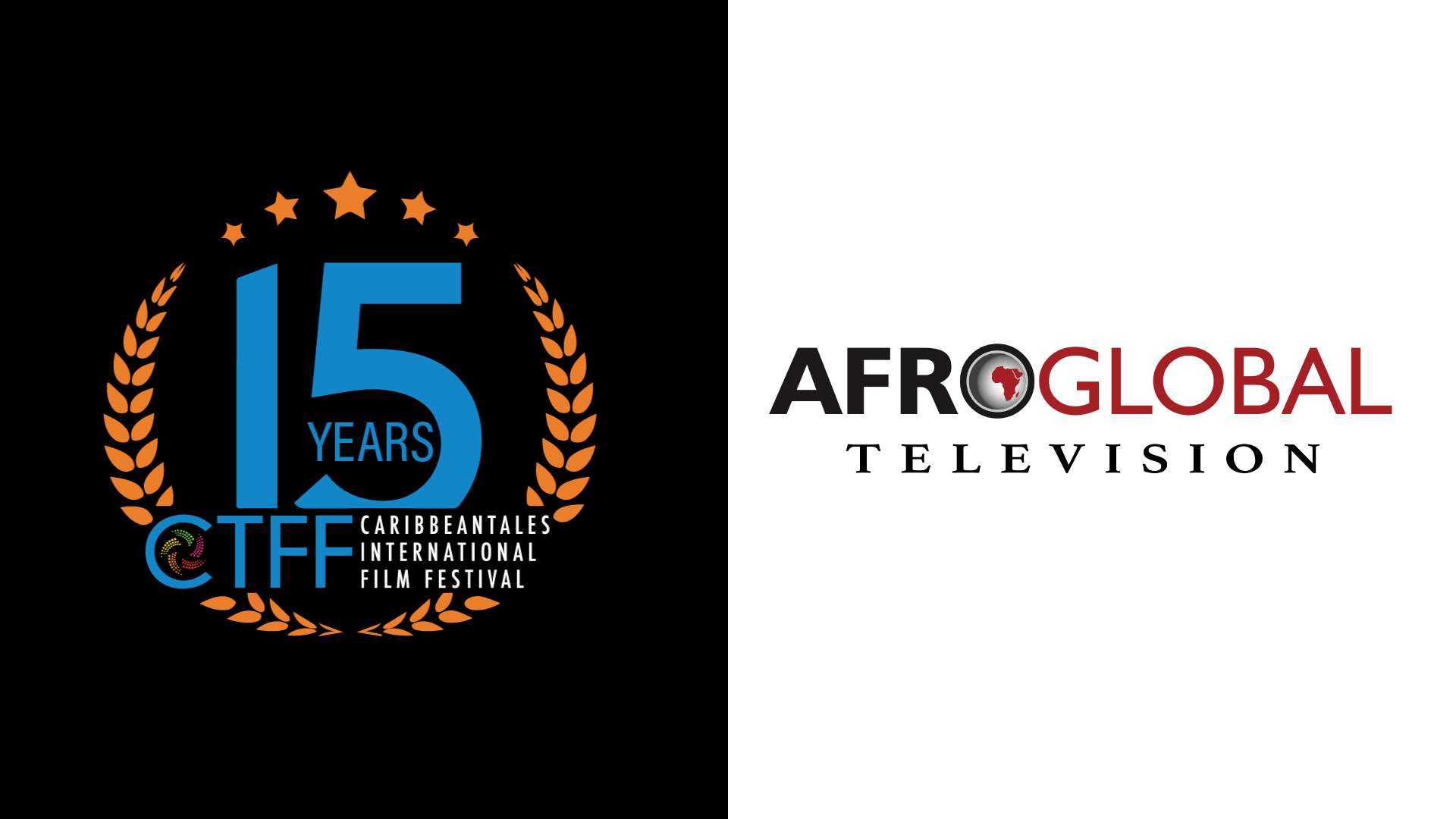BY SELINA McCALLUM
Two black owned and powerful media platforms that strive to empower and amplify stories from Africa, the Caribbean and the world have partnered up again.
CaribbeanTales International Film Festival (CTFF) welcomes Afroglobal Television as the Official Media Partner for this year’s festival.
“CTFF provides a platform to showcase films from the Diaspora and magnifies the voices of black filmmakers. We congratulate Frances-Anne Solomon and the amazing team for the 2020 line up. Afroglobal Television is proud to be the leading media sponsor for the 2020 festival,” exclaimed Moses A. Mawa, President & CEO of Afroglobal Television.
The mission of Afroglobal Television is to showcase the best of Africa and its Diaspora through programming that positively and more accurately reflects the experiences and dreams of people of African heritage around the world.
“Whether you are Afro Caribbean, Afro Latino, Afro American, or Afro Canadian, you’re a part of the Afroglobal vision,” said the Executive Vice President of Afroglobal Television, Patricia Bebia Mawa.
Mawa says that about 80% of the programming is filmed in Canada, which includes documentaries, reality shows, and talent shows. She says that media plays a huge role in how Africa is represented.
“We need to showcase stories where people are very resilient and brilliant regardless of all the obstacles we’ve been through. We still come out on the top successful,” said Mawa. “We do have crime within our community, but that is not the whole story. Our young people need to see positive role models and images of themselves on television.”
On Wednesday, July 8th, 2020 at 7 p.m., CTFF will announce its 2020 livestream programming on the CaribbeanTales-TV online platform as it marks 15 years of celebrating the talents of established and emerging filmmakers of Caribbean heritage.
The evening’s festivities include special congratulatory messages, a retrospect of CTFF’s history and the cast talkback and screening of CTFF founder Frances-Anne Solomon’s award-winning film Hero: Inspired by the Extraordinary Life and Times of Mr. Ulric Cross.
The CaribbeanTales Film Festival runs from September 9th until October 2nd and will take place on the Video-On-Demand CaribbeanTales-TV (CT-TV) platform with nine nights and more than 25 short and feature films of livestream entertainment.
CT-TV is an innovative subscription-based digital streaming platform that provides access to African and Caribbean-heritage films and TV programs to schools, educational institutions and audiences worldwide.
In honour of CTFF’s 15th anniversary and legacy in festival programming, a screening of Hero will be made available for viewers in the Toronto area. Hero tells the story of Ulric Cross who left Trinidad in 1941 to become the RAF’s most decorated West Indian navigator. His life took a different course when, along with other notable West Indians, he followed the call of history and joined the Pan African and Independence Movements sweeping the world in the 50s and 60s.
“I have a lot of respect and admiration for Frances-Anne Solomon. She has done amazing work in uplifting the voices of black filmmakers. She has also done great work in insisting that our voices matter, using film as the medium,” said Mawa. “She is almost like an extension of what we’re doing, and we’re almost an extension of what she’s doing.”
Mawa says that there needs to be more collaboration within the black community.
“We can support our own and stand by our own. A photo speaks a thousand words, but video or film can speak a million words. We know how film can shape and transform the culture of a generation,” said the Executive Director of Afroglobal. “We stand very strongly behind Caribbean Tales supporting them through all the programs that they are having this year.”
“Together we can do better. They say if you want to walk fast, walk alone, if you want to walk far, go together,” said Mawa. “Walking together is how we can make our impact, not just in our community, but in the mainstream community about our experiences, our history, our culture and about our people.”

